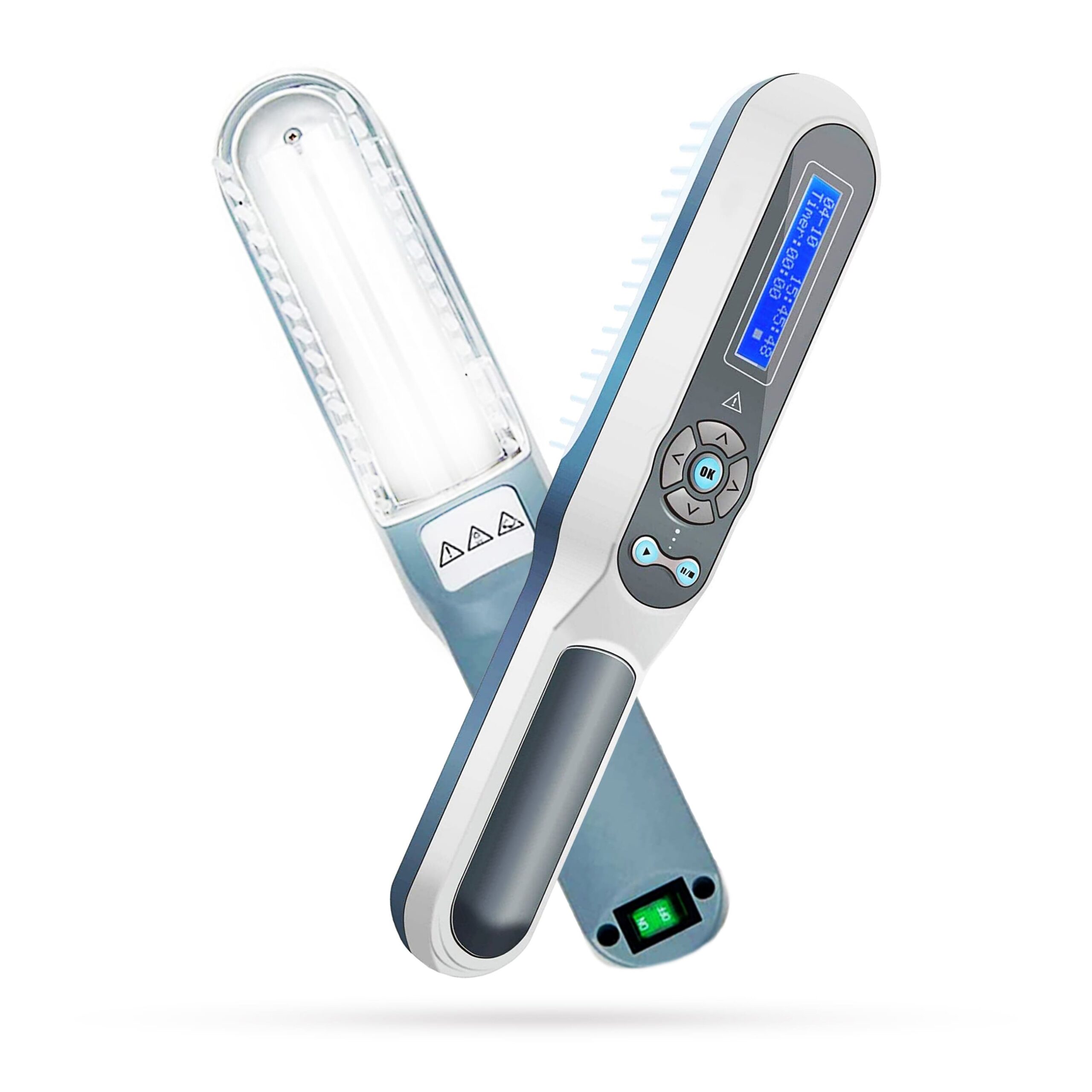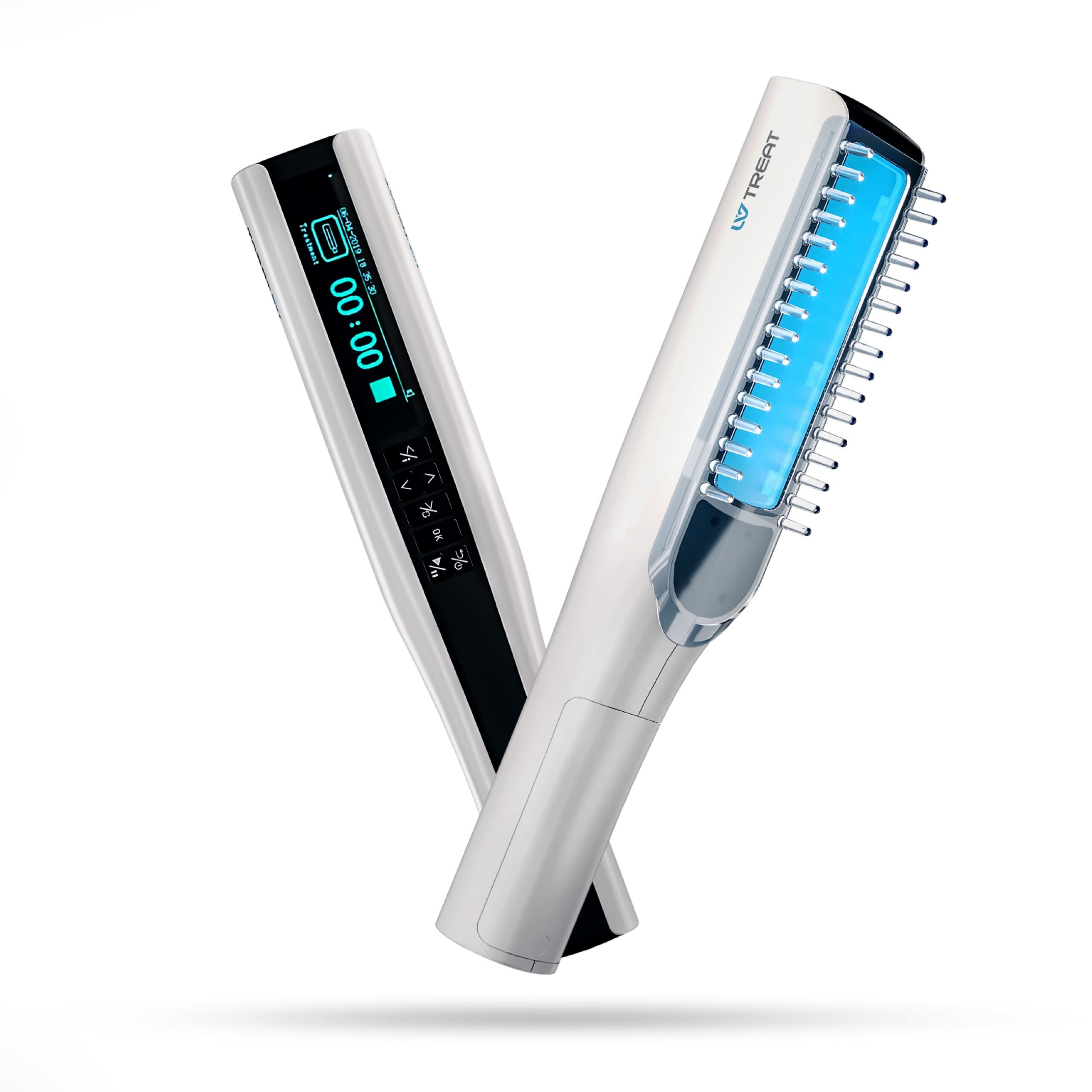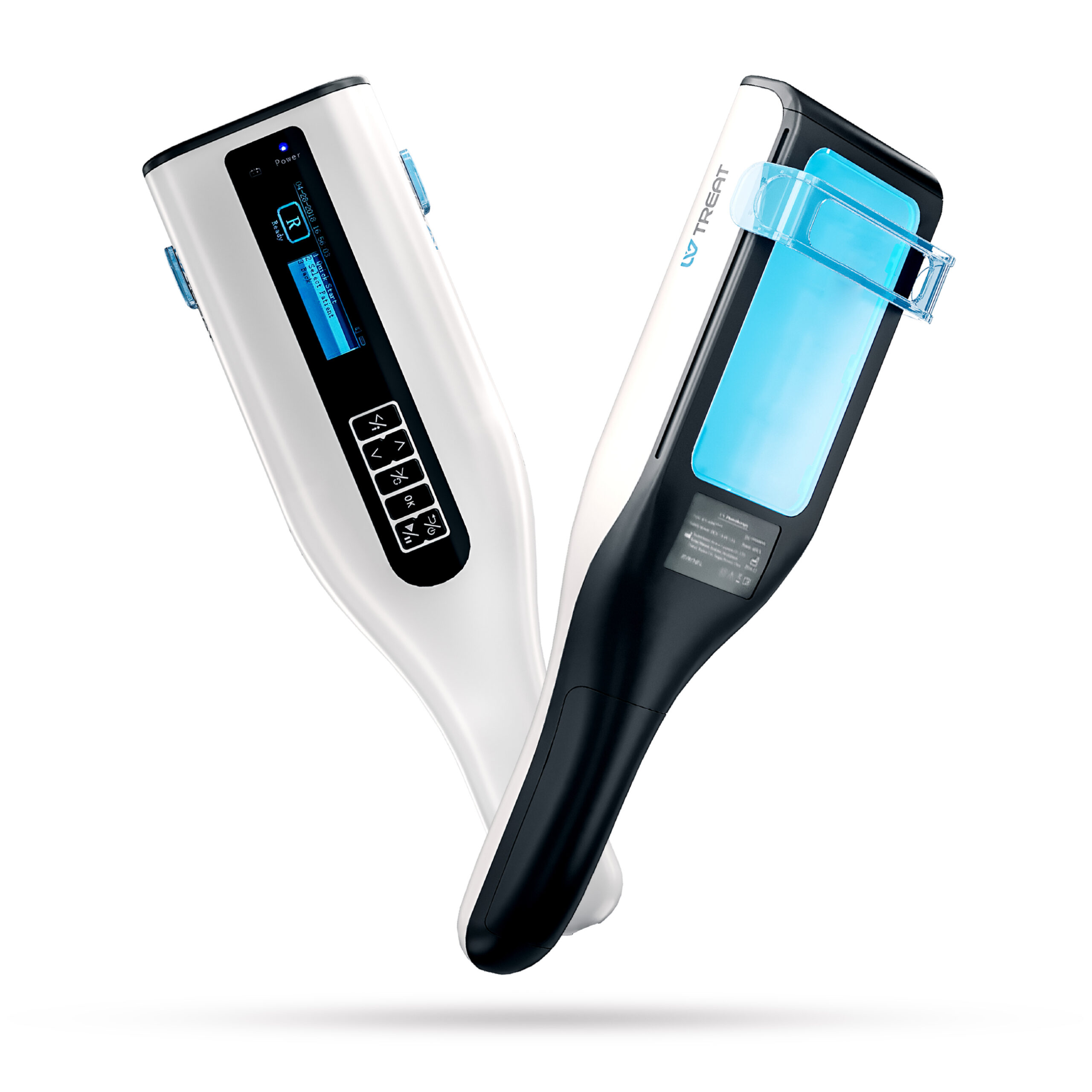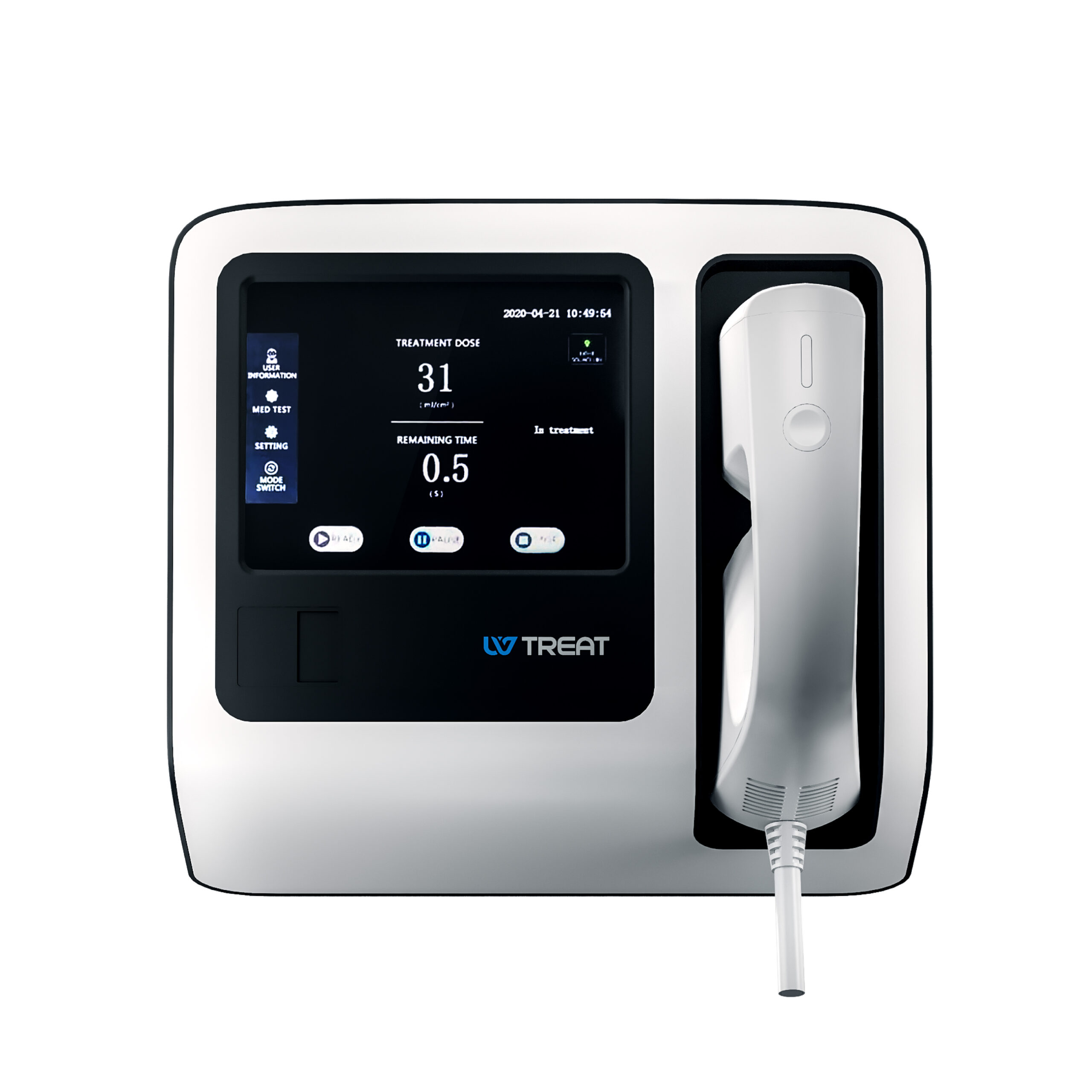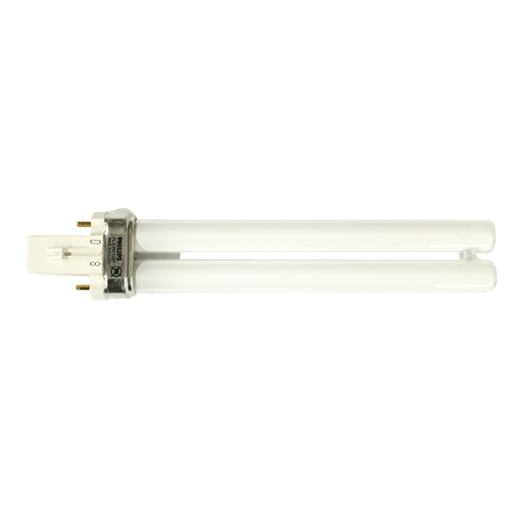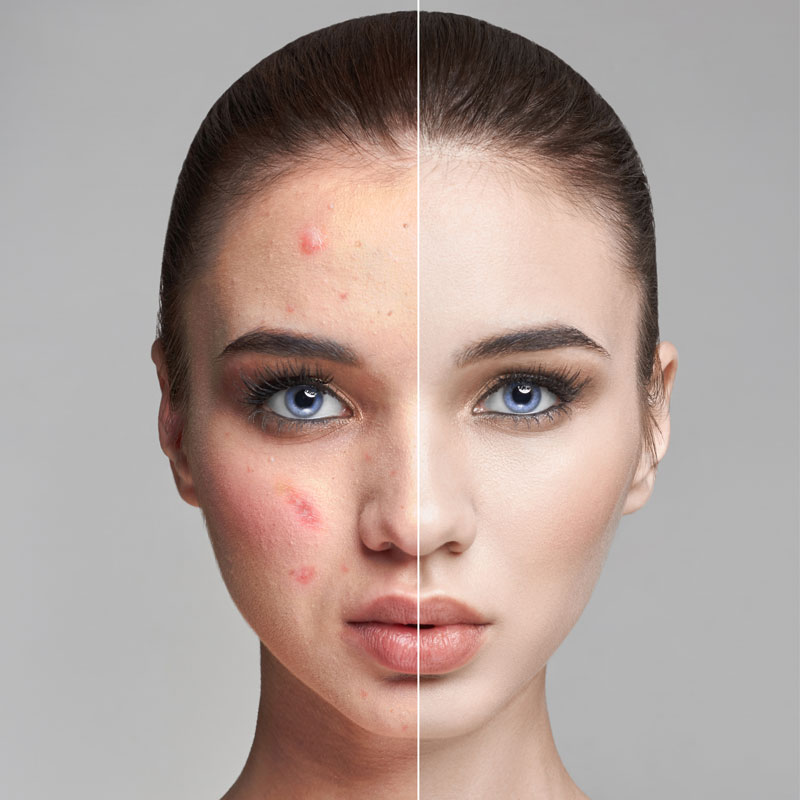Best Chemical Peel for Hyperpigmentation
Hyperpigmentation is a common skin condition that is characterized by patches of skin that are darker than the rest. The right chemical peel is, hence, very important in effectively treating hyperpigmentation. Chemical peels help exfoliate your skin and reduce dark spots that tend to even out your tone.
The article will cover chemical peels, their types and benefits, and how to choose the right one for your skin type and condition to ensure optimal results.
What is Hyperpigmentation?
Hyperpigmentation is the darkening of the skin, which results when an excess melanin deposit is formed in the skin compared to the surrounding tissue. [1] Hyperpigmentation can affect all skin types and is experienced due to various factors such as sunlight, hormonal change, and skin injury, among others.
What are Chemical Peels?
Chemical peels are a skincare procedure in which a chemical solution is applied to exfoliate and remove the outer skin layers, revealing newer, healthier skin underneath. [2] The strength and ingredients used may vary depending on the skin concern and skin type.
How Chemical Peels Help with Hyperpigmentation?
Chemical peels work effectively for hyperpigmentation. They lighten dark spots, even skin tone, and exfoliate the top layers of skin. Due to its ingredients, the applied chemical solution stimulates the skin’s natural healing response by promoting the production of new, evenly pigmented skin cells.
Benefits of Chemical Peels
Other than the hyperpigmentation treatment, several other benefits are acquired with chemical peels:
- Improved Skin Texture: They smoothen out the rough or uneven texture of skin, making it look well-polished. [3]
- Fine Lines and Wrinkles: Peels reduce wrinkles and fine lines by increasing the production of collagen.
- Fairer Complexion: Chemical peels, when used regularly, can leave your skin glowing with a youthful radiance.
Types of Chemical Peels
-
Superficial Peels
The lightest of all chemical peels, superficial peels use some mild acids like glycolic and lactic acid to exfoliate the top layer of the skin. These peels are indicated for mild hyperpigmentation and have almost no downtime.
Ingredients: Glycolic acid, lactic acid
Suitability: Mild hyperpigmentation, minor skin defects, general well-being.
-
Medium Peels
Medium peels are deeper than the superficial ones. Stronger acids are used, such as trichloroacetic acid (TCA) and Jessner’s solution, for more pronounced hyperpigmentation and skin imperfections. [4]
Ingredients: TCA, Jessner’s solution, which contains lactic acid, salicylic acid, and resorcinol.
Suitability: Moderate hyperpigmentation, age spots, and finer lines. These peels may require some days of downtime for the skin to heal.
-
Deep Peels
The deepest of all chemical peels are deep peels, using potent ingredients like phenol to deeply exfoliate the skin. While successful in cases of severe hyperpigmentation and major skin imperfections, they have a longer recovery time. [5]
Ingredients: Phenol
Suitability: It is best suited for severe hyperpigmentation, deep wrinkles, and corrosive sun damage. Deep peels can be a little potent, so the procedures are mostly carried out under the care of a doctor.
How to Choose the Right Peel for Your Skin
Many factors should be considered when selecting the appropriate chemical peel:
- Skin Type: The sensitive skin does well with gentle acids, such as lactic acid; the greasier skin types can take stronger peels.
- Degree of Hyperpigmentation: Mild forms of hyperpigmentation are treated with superficial peels; in severe forms, they are treated with medium or deep peels.
- Desired Results: If superficial peels have very little downtime, they are the way to go for a quick refresh. Medium or deep peels provide more dramatic results.
How Much Does a Chemical Peel Cost?
The American Society of Plastic Surgeons reports that the average cost for a chemical peel is $1,829.5, but again, this is an average cost; it may run higher or lower, depending on the category of peel, technology involved, and other factors. [6] In practical terms, the cost of a chemical peel can run anywhere from $200 to $6,000.
Chemical Peels Cosmetic Dermatologist
The choice of a professional to perform a chemical peel is very important to ensure safety and effectiveness. An experienced dermatologist or esthetician will do this with all the necessary competence and skills that go with the procedure in order to avoid risks and garner great results.
How to Find a Good Cosmetic Dermatologist
- Check if they are licensed and certified to practice dermatology or esthetics.
- Go through ratings and testimonials of previous clients to get an idea about the quality of service.
- Ask your friends, family members, or even your primary care doctor for recommendations.
Conclusion
Chemical peels offer numerous benefits for treating hyperpigmentation, from evening out skin tone to improving overall skin texture. They can help reduce dark spots and reveal a brighter, more youthful complexion. However, choosing the right peel and following proper aftercare are essential for achieving the best results.
Ready to transform your skin? Schedule a consultation with UVTREAT today to discover the best chemical peel for your hyperpigmentation. Achieve clearer, more radiant skin with our expert skincare solutions.

